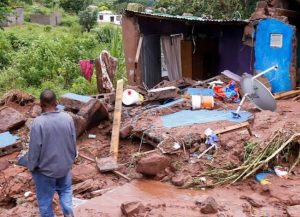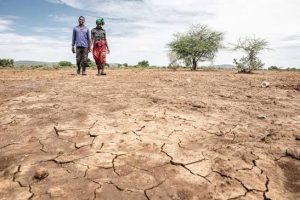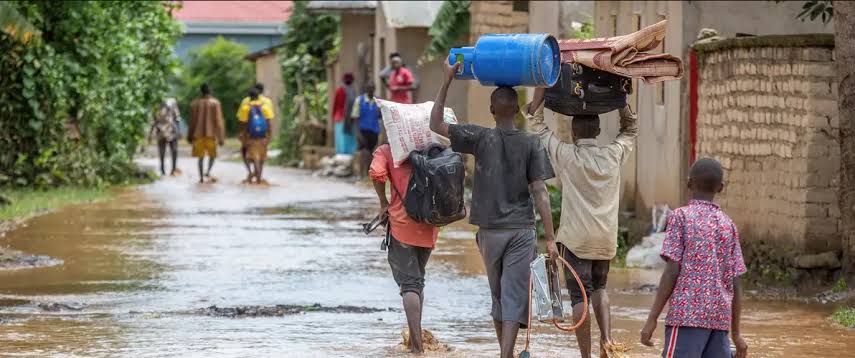By Grateful Ogunjebe
Nigeria ranks among the most climate-vulnerable nations globally. Rising temperatures, desertification, floods, and erosion threaten not just the environment but also health, education, and the economy. Experts say if unaddressed, climate change could deepen poverty and shrink opportunities for future generations.
The signs of climate change are no longer hidden in Nigeria. From the north to the coast, unusual weather is disrupting the way people live, farm, and survive.
Farmers complain of shorter rainy seasons, coastal dwellers watch their land vanish into the ocean, and children face disruptions in school. Experts warn that unless urgent steps are taken, these changes will intensify in the coming years.
Scientists explain that shifting rainfall, rising heat, and frequent flooding are already cutting into food production. The Nigerian Meteorological Society predicts that agriculture will suffer more if current patterns continue.
NIMET, says it is working to expand forecasts and alerts. “We ensure people, especially farmers, receive timely weather information,” said Prof. Charles Anosike, Director General.
Climate campaigner Adenike Oladosu said that children were among the most vulnerable. Extreme weather, she says, forces many out of school and worsens hunger across Africa.
Experiences of some Nigerians
In Sokoto, a farmer told AP News that his river now dries up too quickly, leaving his crops to wither. What used to be a productive farm now struggles to yield enough for survival.
Reuters also reported how residents in Apakin, Lagos State, are losing land and even family graves to the ocean. One local chief said his community is running out of safe ground. These are not isolated stories but part of a broader crisis sweeping across Nigeria.

Key Challenges
- Unstable agriculture: Shorter rainy seasons and unpredictable floods threaten food supply.
- Displacement: Coastal erosion and flooding are already pushing families out of their homes.
- Weak climate literacy: Many Nigerians see the changes but lack knowledge of causes or solutions.
- Policy gaps: Implementation of climate laws remains slow, leaving communities exposed.
Why Education Matters
- Schools rarely teach climate science in detail.
- Experts say including climate studies in the curriculum will prepare young Nigerians to adapt.
- NGOs are already pushing for climate education to become part of basic learning.
What Communities Need Most
- Reliable weather alerts in local languages.
- Climate-smart farming with drought-tolerant seeds and water-saving methods.
- Reforestation and tree planting to restore degraded land.
- Coastal protection projects to defend vulnerable towns and villages.

Benefits of Action
- Stronger food security: Farmers with climate-smart tools can produce more reliable harvests.
- Healthier communities: Reduced flooding and heat stress lower risks of disease outbreaks.
- Stable education: Children are less likely to miss school when disasters are managed better.
- Economic growth: Protecting land and livelihoods boosts productivity and reduces poverty.
- Global leadership: By acting, Nigeria positions itself as a climate leader in Africa.
Way Out
Nigeria is already feeling the heat of climate change, but experts agree the worst can be prevented. They say with stronger education, better preparation, and firm policy action, the country can adapt and protect its people.The message is clear: climate change is here, but Nigeria still has a chance to shape how the future looks.


